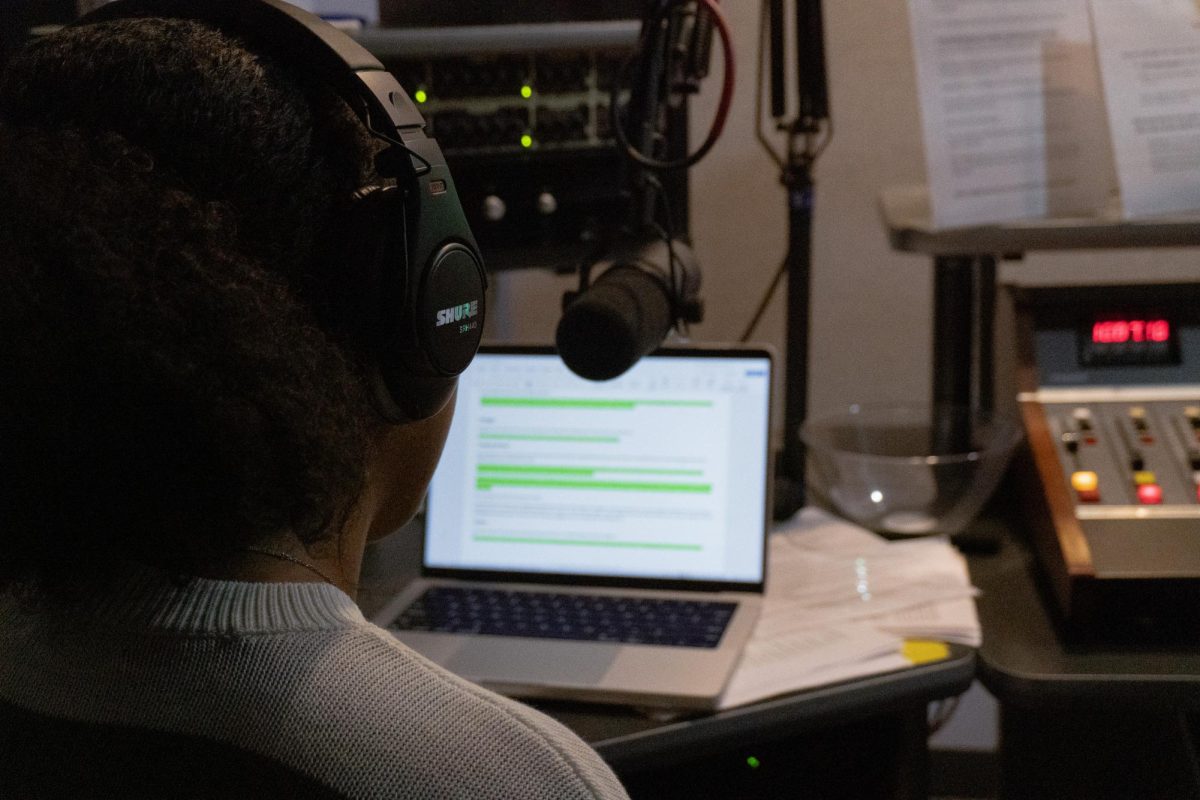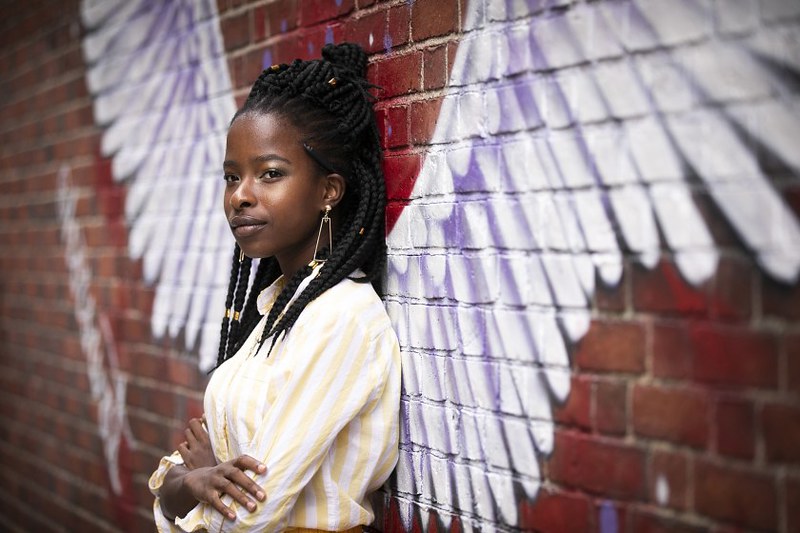Months before the historic, snowy January morning, Dr. Jill Biden came across Amanda Gorman, a 22-year-old Harvard grad and the 2017 poet laureate, and her work. On Jan. 20, Gorman became the youngest inaugural poet, joining the likes of Maya Angelou and Robert Frost. She recited her poem “The Hill We Climb,” speaking on American culture, victories, and shortcomings.
A young Black woman speaking to the entire world about America from her perspective was an apt choice for the inauguration of our first woman of color Vice President. When terrorists stormed the capitol only a few days before the inauguration, and while COVID-19 looms large, and when justice is still not found for victims of racism and bigotry, a young Black poet speaking about equity, justice, and America as we know it feels miraculous. “The Hill We Climb” shows the journey of America, from where we have come and where we still have to go.
Gorman’s poem did not only grace the Capitol steps, but her words have reverberated around the world in a way that few poems do. The spectacular reading went viral on social media, shared by people of all ages, especially Gen-Zers. Last week, it was announced that Gorman would be the first-ever poet to perform at the Super Bowl. The Super Bowl is not only the biggest sporting event in the United States, but it is also one of the most-watched TV programs in the world. Her words will reach all types of people and hopefully work to bridge America’s divide.
Poetry is known to be a great unifier. Poems have the power to speak to our times and our most intimate feelings and thoughts. America is more divided than ever before, and perhaps, Gorman is providing a dose of medication. Can poetry, and art in general, be the secret to healing? Gorman’s poem proves that it is not a cure-all, but a definite step.
Featured Image courtesy of Peter Stevens via Flickr Creative Commons



















































































































